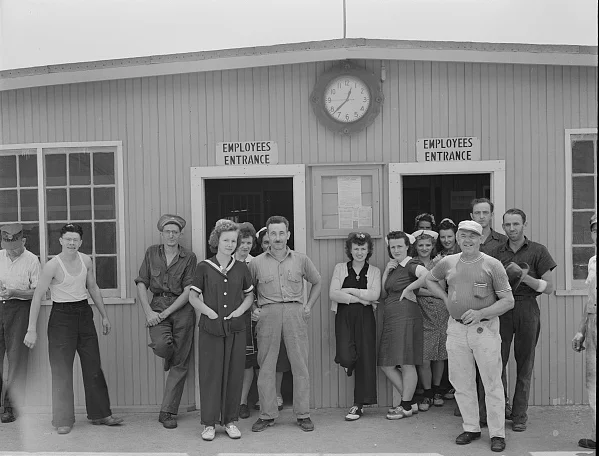Tag: unemployed

Homeowners nearing retirement have 40 percent of their wealth tied up in their homes. But to what extent do racial disparities in employment affect workers’ ability to hold on to a home and build up that wealth? This question is at the heart of an ambitious study of U.S. homeowners that digs into whether stab…

The twin goals of prescribing opioids to workers with a bad back or arthritis are to alleviate their pain and keep them employed. But the use and abuse of opioids can cause poor memory, extreme drowsiness, and an inability to engage in normal social interactions – all of which limit workers’ ability to function. Opioids…







